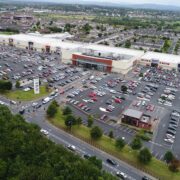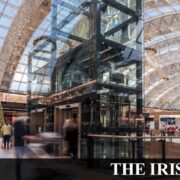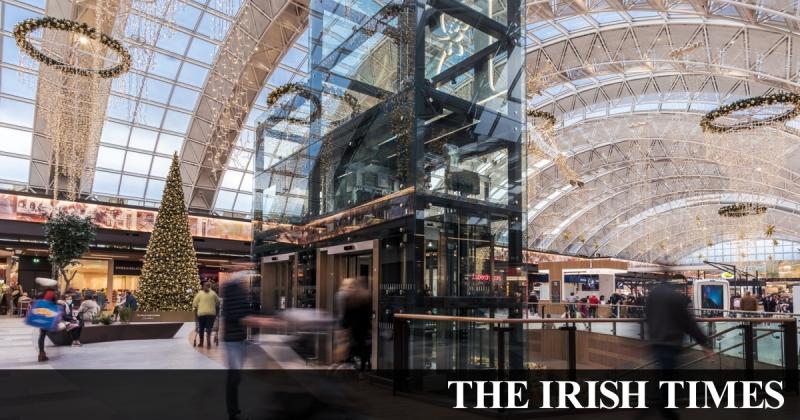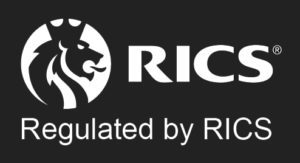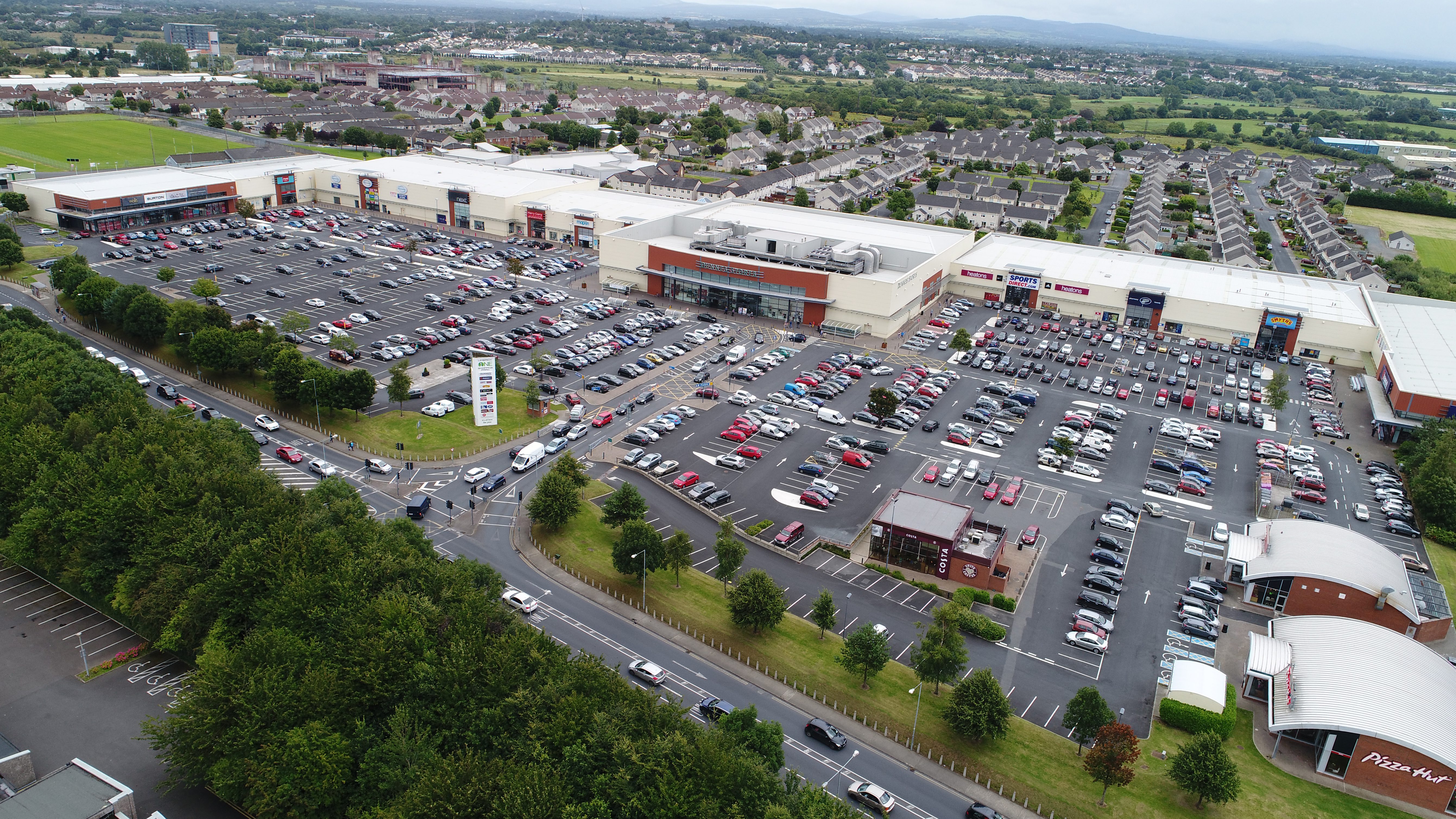
Looking back over the past decade the retail property market has experienced a tumultuous time. Recession following a boom, followed by a resurgence, then the impact of Brexit, Covid, the move to more on-line shopping, and more recently the war in Ukraine. Retailers and the retail property market have been the hardest hit during this period, and it may be some time before the market stabilises. However, one sector within the retail property market has outperformed in the last 3 years.
Retail Parks have come through the past two years’ experience in an even a better position that before. The sector has been the beneficiary of multiple factors.
The closure of other retail outlets funnelled consumer spend into retail warehousing parks as the only outlet for frustrated shoppers. This was helped by the nature of retail warehouse parks versus enclosed shopping centres. As large boxes with plenty of space for social distancing, they offer surface outdoor parking and ease of access for click and collect purchases.
What also helped was the focus on the products that are typically sold in retail parks. There was a perfect storm of an increase in home improvements and outdoor activities being a major focus for Covid bound customers acquiring items such as:
- DIY
- furniture and soft furnishings
- the need for new electronics to assist with remote working and learning
- an increase in pet ownership
- toys for housebound kids
- a boom in healthy pursuits driving sales in sports/leisure stores.
This all led customers to their local retail park.
The Bannon Retail Team has seen this resurgence across our extensive portfolio of Retail Parks that we lease and manage. Car numbers in retail parks are up considerably when compared to 2019 numbers, which is a different story when compared to the reduction in footfall that is being experienced in enclosed shopping centre and city centre environments.
Vacancy rates in retail parks were already low in Q1, 2020. The acceleration of transactions during and after the third Covid lockdown has pushed vacancy rates to a very low percentage. Schemes such as Limerick One Shopping Park and The Retail Park Liffey Valley currently have vacancy rates at a long-term low.
New to market retailers and those slow to expand pre-Covid are now seeking increased representation in the better parks in Dublin and provincial locations. This supply and demand dynamic may encourage owners of retail warehouse parks to start considering expanding their schemes to cater for this renewed demand.
Retailers keen for further expansion include Dutch furniture retailer JYSK, global sports brand Decathlon, Next Home, Homesense, Home Store + More, Party City and EZ Living Furniture/Interiors to name a few. This sector of the retail market will be keeping us busy for the foreseeable future.
Author: James Quinlan, Director, Bannon
Date: 6th April 2022
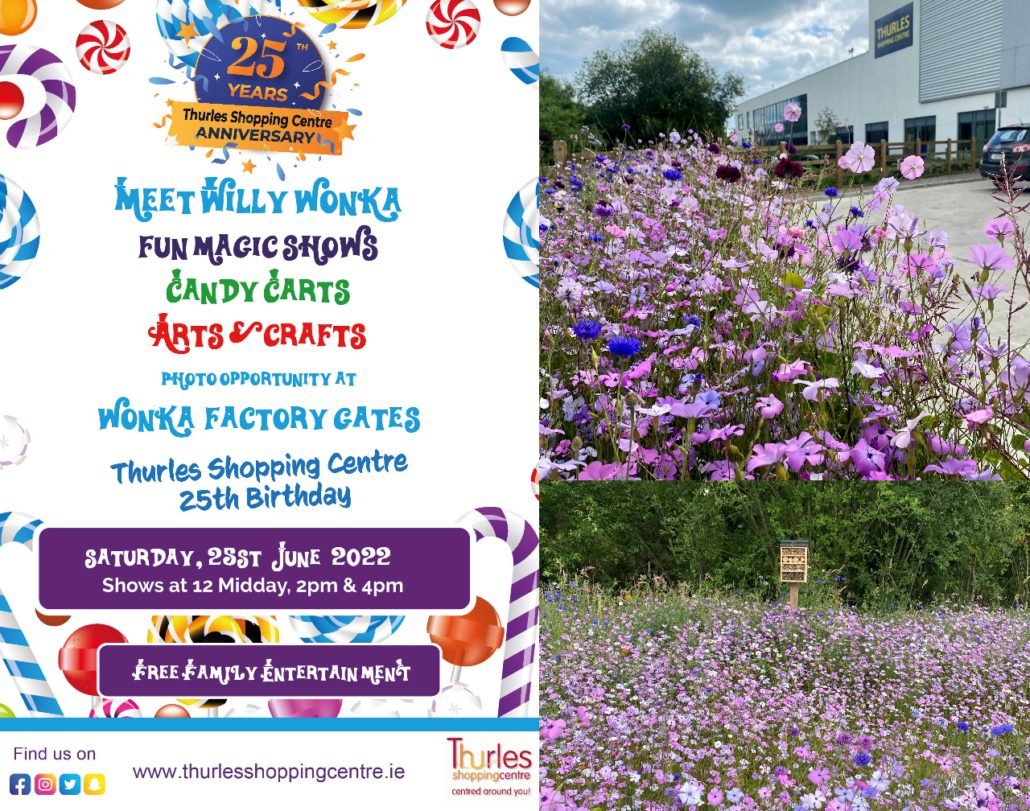 Wildflowers in full bloom at Thurles Shopping Centre ahead of the centre celebrating it’s 25th Anniversary this weekend, Saturday 25th June.
Wildflowers in full bloom at Thurles Shopping Centre ahead of the centre celebrating it’s 25th Anniversary this weekend, Saturday 25th June.

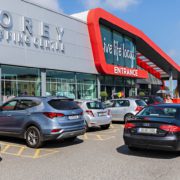
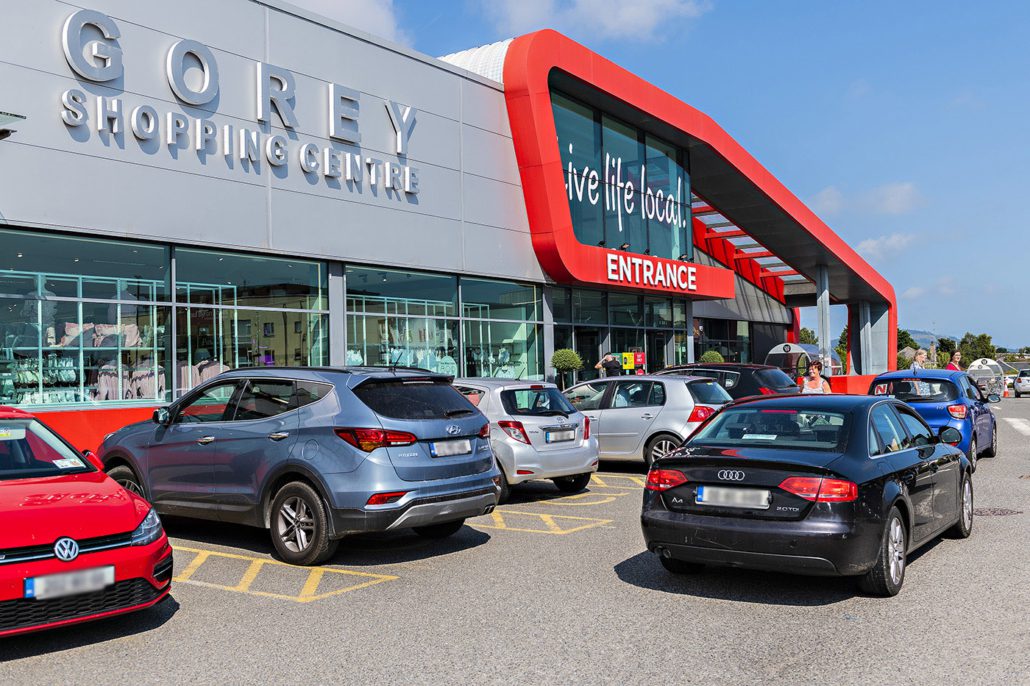
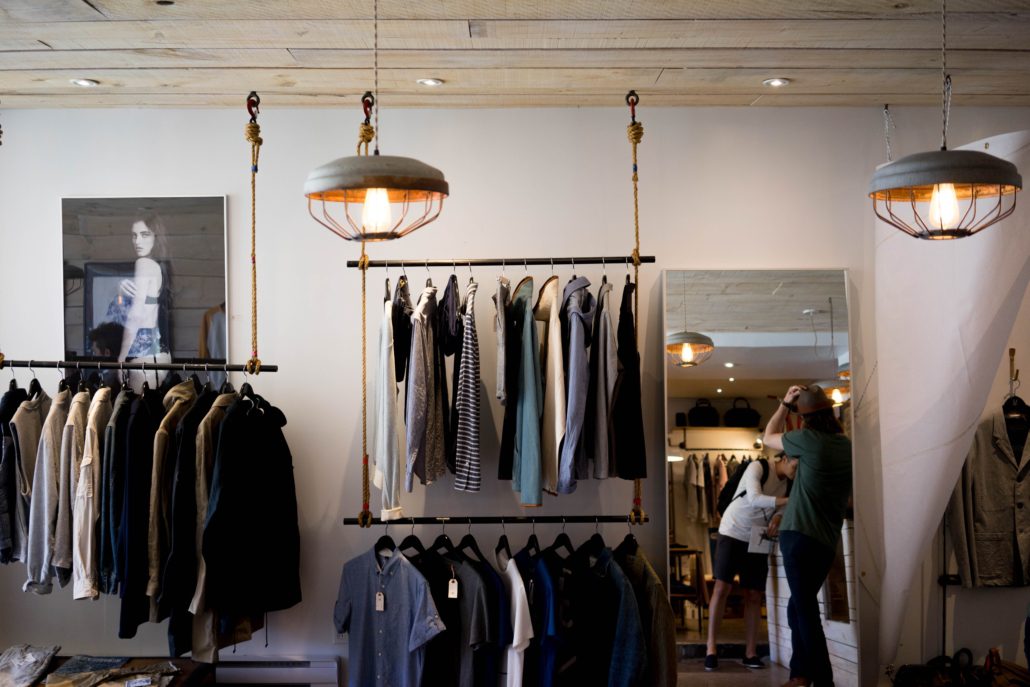
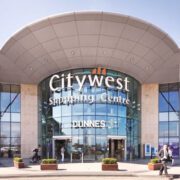
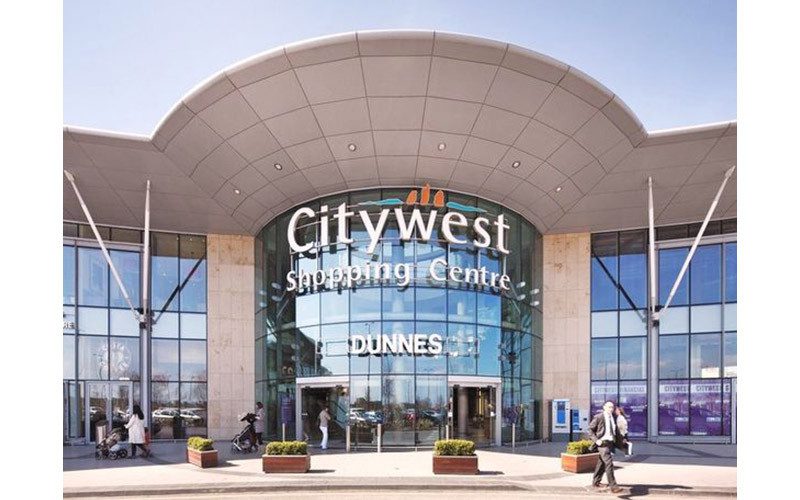
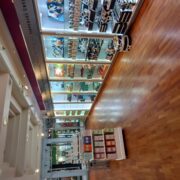
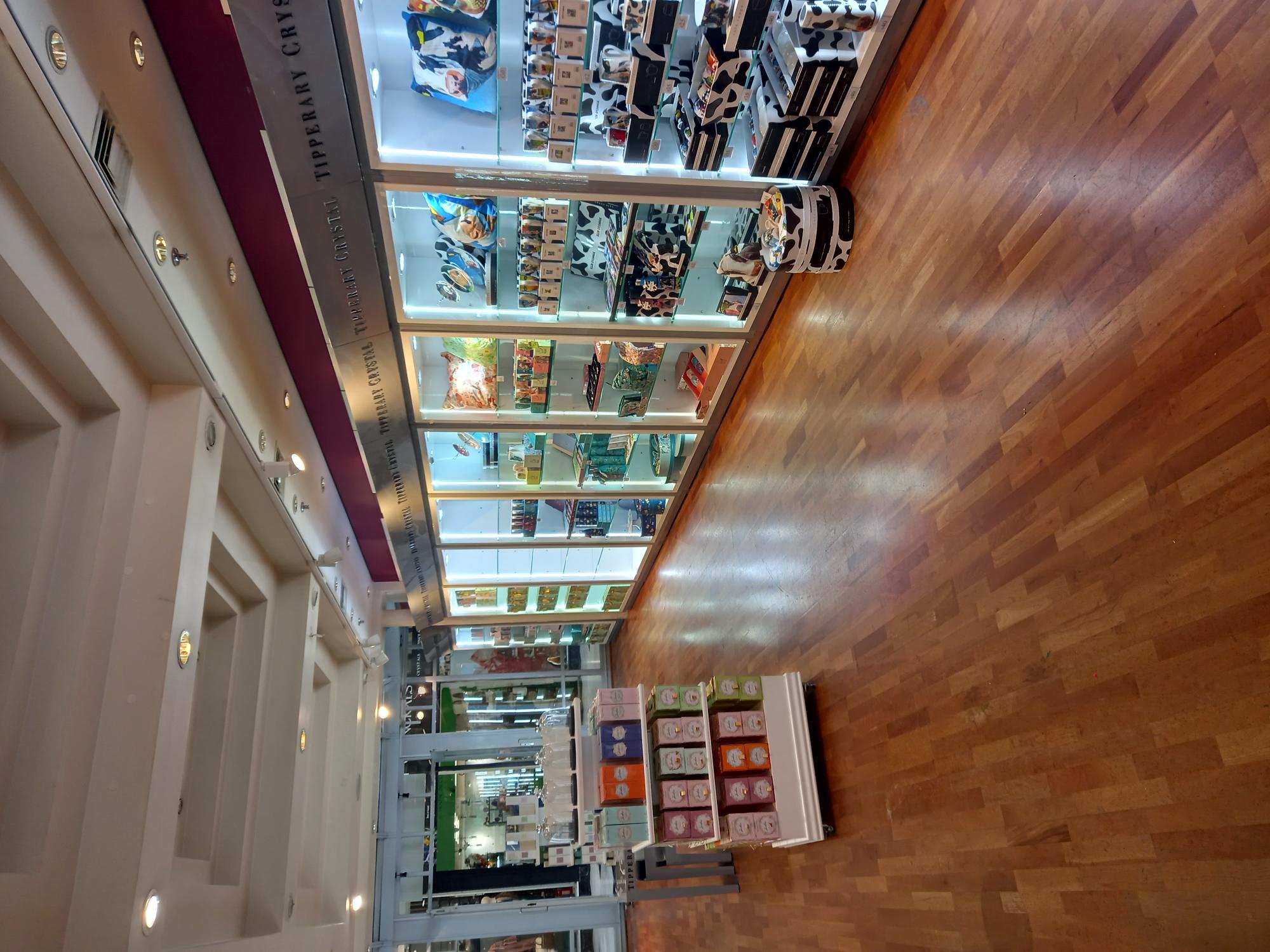 Bannon is delighted to welcome Tipperary Crystal to Stephens Green Shopping Centre.
Bannon is delighted to welcome Tipperary Crystal to Stephens Green Shopping Centre.
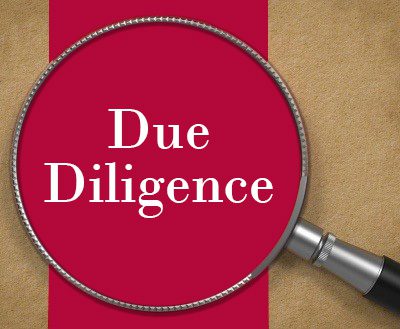 At Bannon we manage over 75 individual commercial assets including Shopping Centres, Retail Parks, Neighbourhood Schemes, Multi Let and Single Let Offices. This represents over 7 million sq.ft of commercial real estate in Ireland, with an estimated value of €2 billion.
At Bannon we manage over 75 individual commercial assets including Shopping Centres, Retail Parks, Neighbourhood Schemes, Multi Let and Single Let Offices. This represents over 7 million sq.ft of commercial real estate in Ireland, with an estimated value of €2 billion.